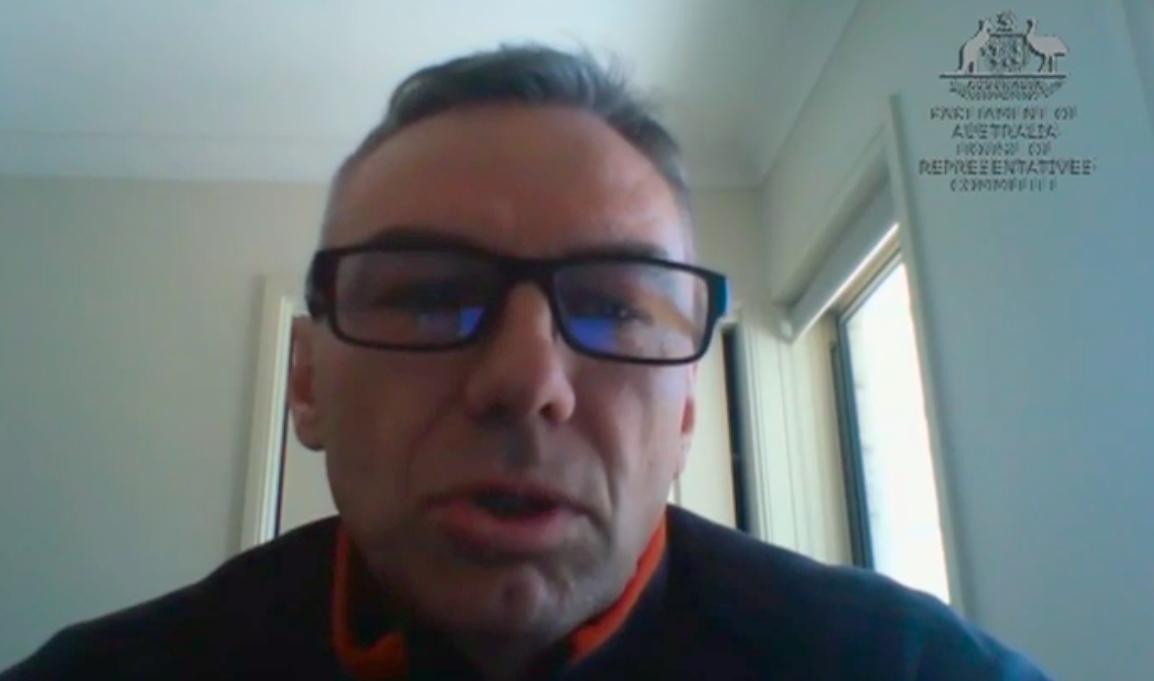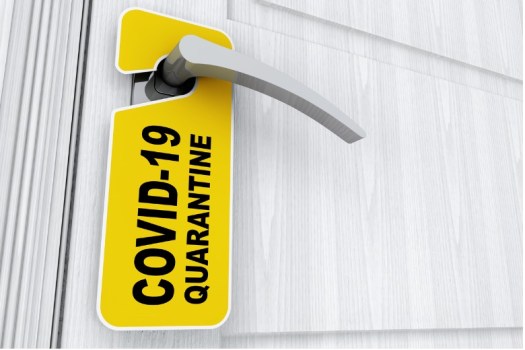
Despite having a competition policy, more than half of the Australian government’s procurement is via limited tender, an inquiry has heard.
The evidence was given by a senior officer from the national audit office to a House of Representatives standing committee that is inquiring into procurement practices for government infrastructure.
Executive director of ANAO performance audit services Brian Boyd told the committee investigations by the audit office show up to 60 per cent of government procurement has not been open tender since 2010.
“Despite the Commonwealth having a policy saying we should have as much competition as possible in procurement, more than half of procurement activities … over the last ten years are conducted through limited tender,” he said on Tuesday.
“That could be as little as one entity being invited to apply for the procurement opportunity.”

Mr Boyd also said the ANAO had found “a lot of expertise” in government ranks in taking advantage of loopholes and exemptions to avoid having an open, ethical and competitive procurement process while still technically complying with laws.
“Its almost like the culture now is how do you do your procurement the way you want to do it within the letter of the law, rather than how do we actually have open and effective competition that gives us the best value for money,” he said.
“There’s a real disconnect that we’re seeing across procurement audits.”
The Leppington Triangle
The committee heard evidence from the ANAO on Tuesday about recent cases including the controversial purchase of 12 hectares of land at the Western Sydney Airport known as the Leppington Triangle for $30 million, despite the land having been valued at $3 million.
Mr Boyd said instead of compulsory acquisition the government sought to negotiate directly with the land owner, paying much more than the land’s valued price.
He also said the valuer was instructed by the government to price the land on its speculative industrial rezoning potential, even though the land couldn’t be used for those purposes.
We looked at it from both perspectives to see is there a bureaucratic explanation, (we also) had concerns about the the potential for criminality.
Brian Boyd
“We looked at it from both perspectives to see is there a bureaucratic explanation, (we also) had concerns about the potential for criminality,” Mr Boyd said.
Mr Boyd said the department had used some “pretty poor” ways of coming up with a budget for the purchase, and then aligned the valuation with the budget rather than the other way around.
However, the huge discrepancy between the value of the land and the amount paid was enough for the auditor to refer the sale to the federal police, he said.
An independent review released in May found no evidence of corruption in relation to the transaction.
An AFP spokeswoman told Government News its investigation is ongoing.
Not enough attention to ethical procurement
Mr Boyd said ethics in procurement isn’t getting the same attention as value for money, although lack of ethics is often linked to lack of value for money.
“The ethical dilemma doesn’t seem to be receiving the amount attention we’d expect in the procurements’ we’ve been auditing,” he said.
The committee also heard there was evidence that procurement was sometimes carried out with “planned haste” which could potentially benefit certain stakeholders.
We actually think a lack of planning in advance is probably going towards behaviour that’s not entirely ethical, as opposed to a true emergency procurement.
Carla Jago
“We often see entities not planning in advance for procurement and then using some of the exemptions available in the procurement rules to enable them to not go to open tender,” ANAO group exectutive of performance audits Carla Jago said.
“We actually think a lack of planning in advance is probably going towards behaviour that’s not entirely ethical, as opposed to a true emergency procurement.”

Ms Jago said the government business the Australian Rail Track Corporation (ARTC), established in 1998 to deliver the Inland Rail, had sourced 39 per cent of its procurement from sole sources up to July 2015.
“In that particular instance .., we thought there would have been a more sophisticated procurement policy and approach to have those competitive policies in place earlier,” Ms Jago said.
She also said that government enterprises don’t have to comply with Commonwealth procurement rules.
“We think they should have clearly articulated policies that still seek to achieve value for money,” she said.
“Referencing key elements of the Commonwealth procurement rules may be something that is beneficial for those entities.”
Public sector procurement skills also need to be lifted, Ms Jago said.
“It’s a core skill set for Australian government, there’s a very large amount spent every year in the procurement space … we think it’s very important that that skill set is improved.”
Committee chair John Alexander said given the ten-year, $110 billion infrastructure pipeline in the government’s economic recovery plan it was important to get it right and learn from past mistakes.
“Because of the amount of money being spent the cost of such mistakes will hit us even harder,” he said.
The inquiry resumes on October 5.
Comment below to have your say on this story.
If you have a news story or tip-off, get in touch at editorial@governmentnews.com.au.
Sign up to the Government News newsletter


